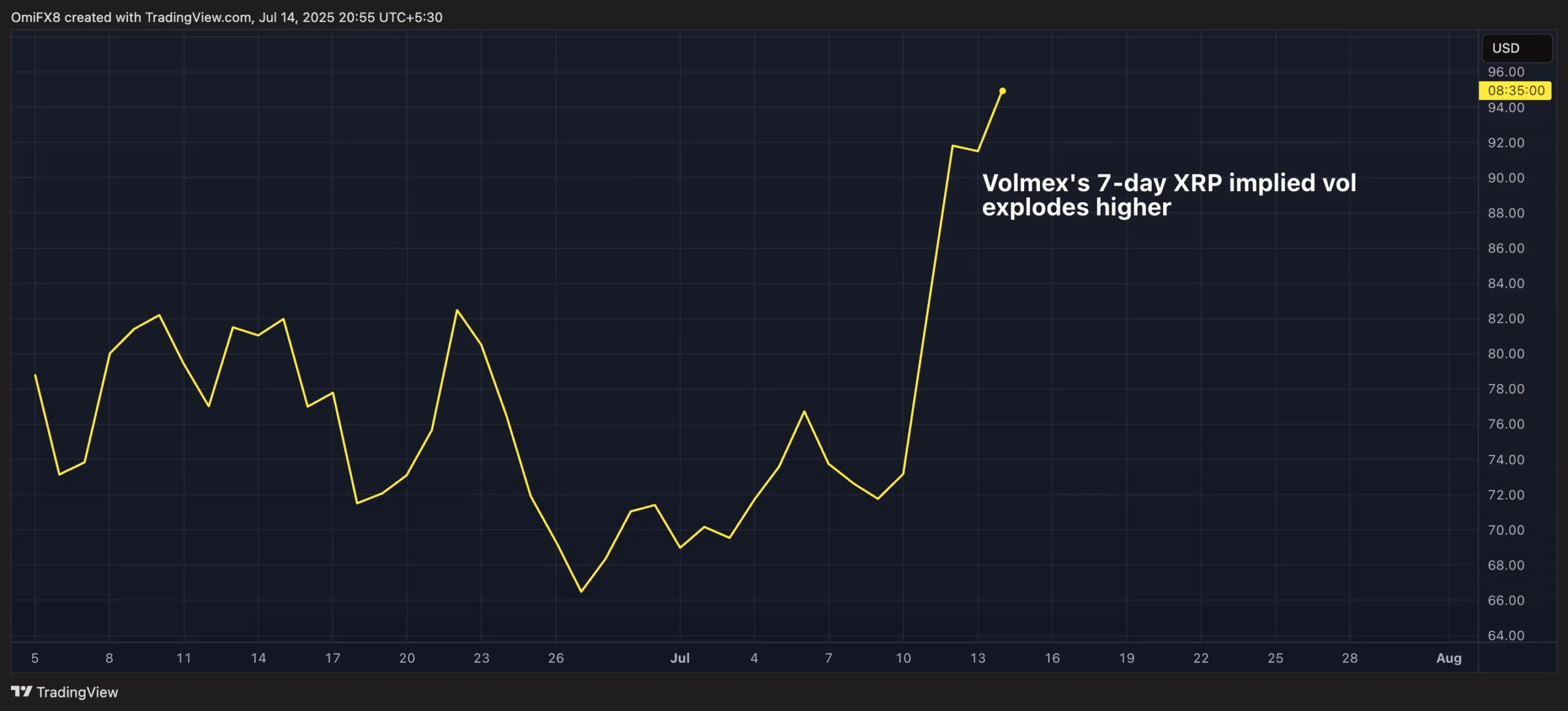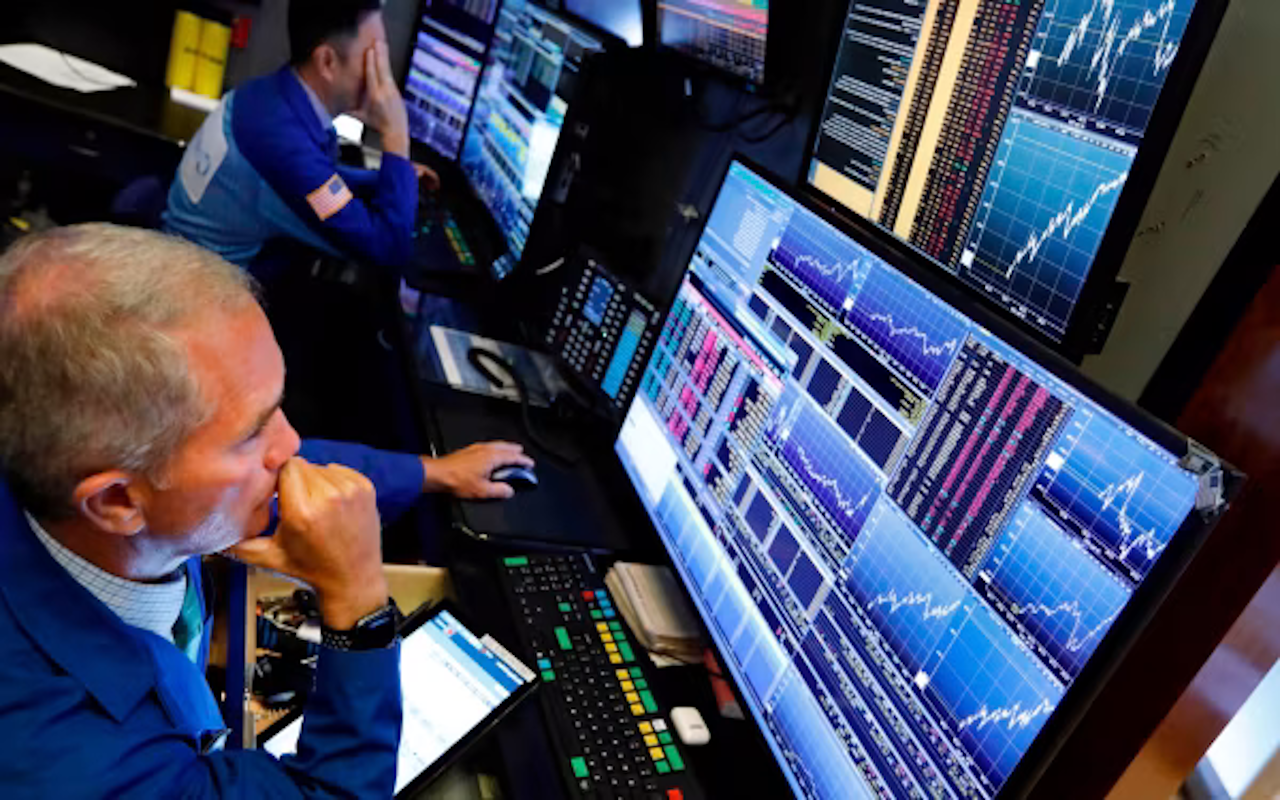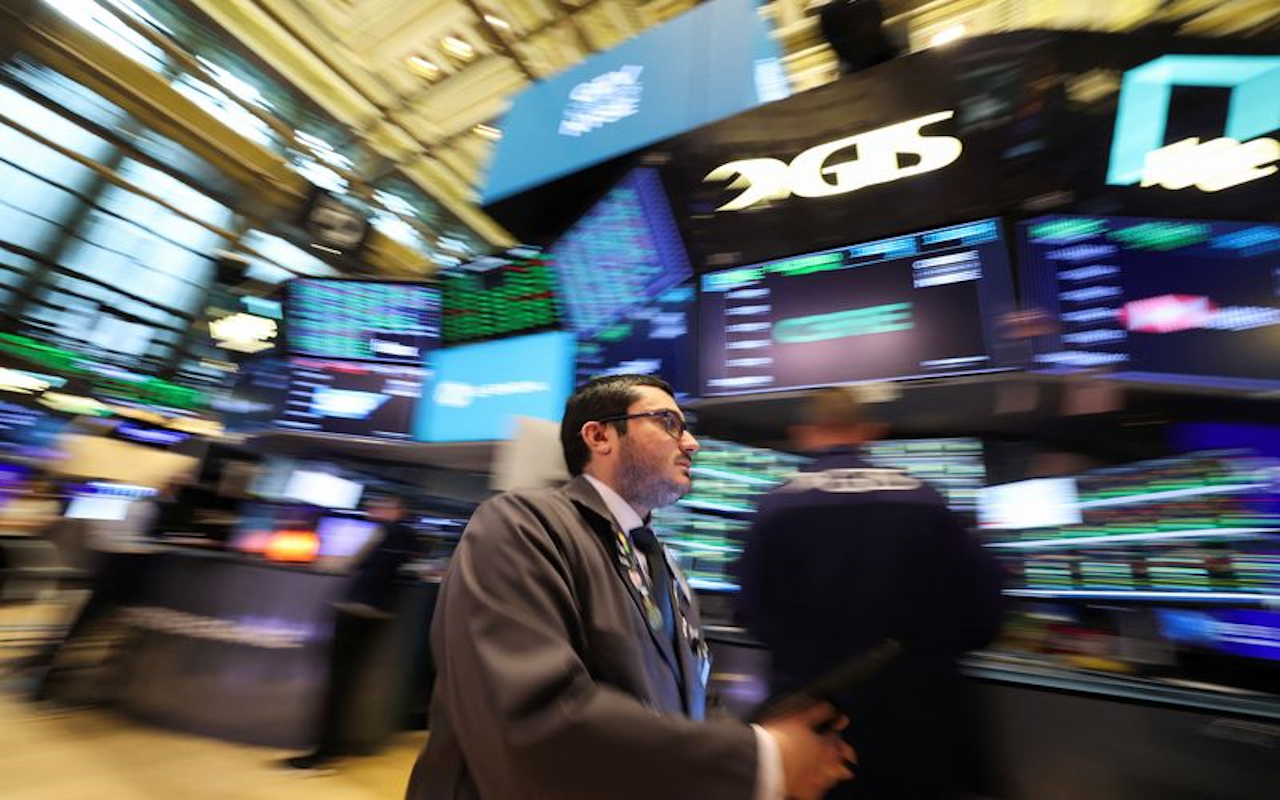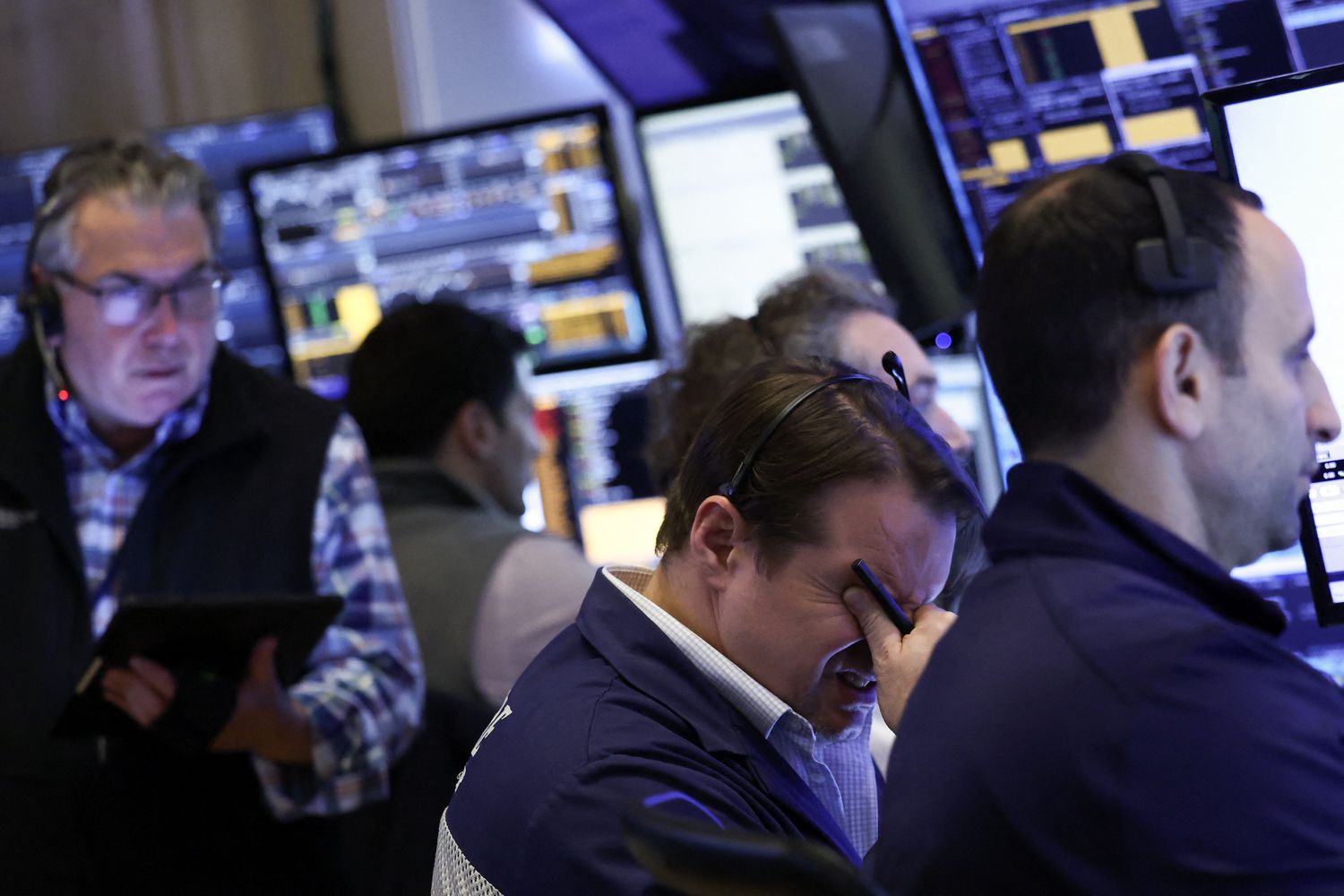Tesla Board Rethinks Musk Pay After Court Ruling
Tesla Inc. (TSLA) is navigating complex waters regarding the compensation of its CEO, Elon Musk. The company’s board of directors has initiated discussions to potentially revise Musk’s pay plan, a move that comes in the wake of a Delaware court ruling that invalidated his previous $56 billion compensation package.
While that original package remains under appeal, a specially formed board committee is exploring adjustments that could include new stock options, contingent upon Tesla achieving specific operational and financial targets. This development underscores the ongoing scrutiny of executive compensation at the high-profile electric vehicle and technology company.
Legal Challenges and Board Response
The previous $56 billion compensation package, awarded in 2018, was designed to incentivize Musk to achieve ambitious growth milestones for Tesla, including significant increases in market capitalization and production levels. However, a Delaware court overturned this package, citing concerns about the process by which it was approved, particularly the board’s independence from Musk and what the court deemed material misstatements to shareholders.
The formation of a special committee by Tesla’s board signals a formal effort to address the legal and shareholder concerns raised by the court’s decision, aiming to structure a new agreement that aligns with corporate governance best practices while still motivating the CEO. The fact that the original ruling is under appeal indicates Tesla is pursuing multiple legal avenues simultaneously.
Wall Street Analyst Projections: A Wide Range
Analyzing the future trajectory of Tesla’s stock (TSLA) reveals a notable divergence in opinions among Wall Street analysts. According to data compiled from 44 analysts covering the stock over the next year, the average price target for Tesla Inc. stands at $283.81. This average, however, is derived from a remarkably wide range of individual estimates, stretching from a high of $452.00 to a low of $19.05.
This considerable spread in price targets highlights the inherent volatility and uncertainty surrounding Tesla’s stock. The divergence reflects different analysts’ valuation models, varying assumptions about the company’s future growth rate, profitability, competitive landscape, and the potential impact of external factors, including market sentiment and regulatory changes.
Based on the average target price compared to the current trading price of $334.07, these projections collectively imply a potential downside of 15.04% over the next year, underscoring the stock’s current elevated valuation relative to this consensus.
Analyst Consensus and Valuation Metrics
The broader sentiment from the financial community, based on the collective insights of 54 brokerage firms, positions Tesla Inc. with an average recommendation of 2.7.
On the standard rating scale where 1 indicates a “Strong Buy” and 5 represents a “Sell,” a rating of 2.7 translates to a “Hold” status. A “Hold” recommendation typically suggests that analysts believe the stock is likely to perform in line with the broader market, advising investors who already own the stock to keep it but not necessarily recommending it as a strong buying opportunity at the current price.
Further adding to the valuation perspective, GuruFocus provides a one-year estimated GF Value for Tesla Inc. at $269.28. The GF Value is an intrinsic value estimate calculated by considering historical trading multiples, past business growth, and future performance projections. The GF Value’s projection implies a potential downside of 19.39% from the current trading price of $334.07, suggesting that based on its fundamental analysis, GuruFocus views the stock as potentially overvalued at its current level.
Factors Influencing Tesla’s Stock Volatility
Tesla’s stock is known for its significant volatility, influenced by a confluence of factors beyond traditional financial metrics. These include:
- Elon Musk’s Influence: Musk’s public statements, actions, and leadership style significantly impact investor sentiment and can lead to rapid stock price swings.
- Production and Delivery Numbers: Quarterly production and delivery figures are closely watched indicators of the company’s operational execution and market demand.
- Technological Advancements and Competition: Tesla’s position as a leader in electric vehicles and battery technology is constantly challenged by established automakers and new entrants, making innovation crucial for maintaining its edge.
- Market Sentiment: Broader market trends, investor appetite for growth stocks, and shifts in macroeconomic conditions all play a role in Tesla’s valuation.
- Regulatory Environment: Government incentives for EVs, emissions regulations, and safety standards can impact Tesla’s business operations and profitability.
Investor Considerations
The current situation presents a complex picture for investors. While Tesla’s innovative products and growth potential are undeniable, the uncertainty surrounding executive compensation, the wide range of analyst opinions, and the stock’s inherent volatility require careful consideration.
The “Hold” consensus suggests a degree of caution among analysts, and valuation metrics like the GF Value indicate potential overvaluation. Investors should weigh these factors, conduct their own thorough research, and consider their individual risk tolerance before making investment decisions regarding Tesla stock. The outcome of the ongoing legal appeal and the terms of any new compensation package for Elon Musk will undoubtedly be key factors to watch in the coming months.






